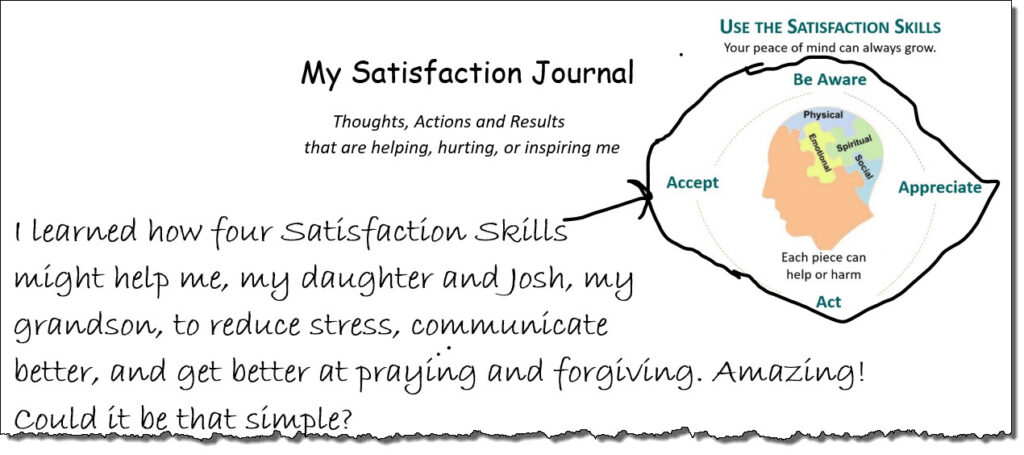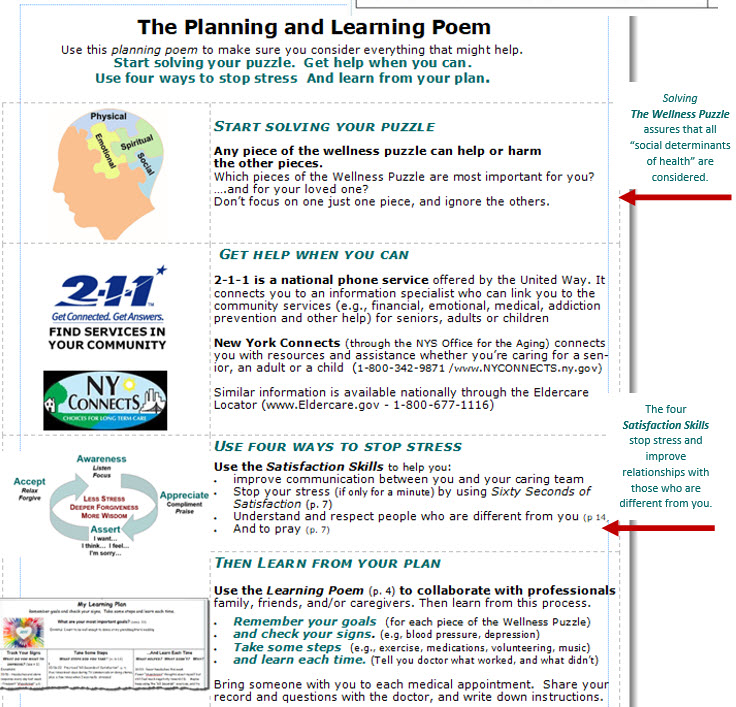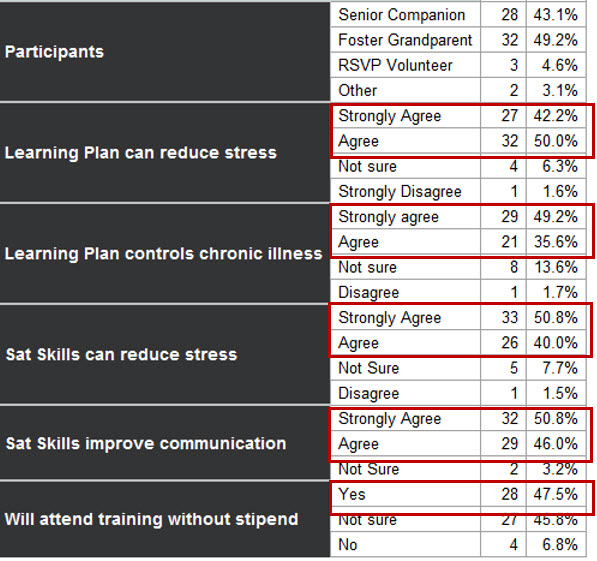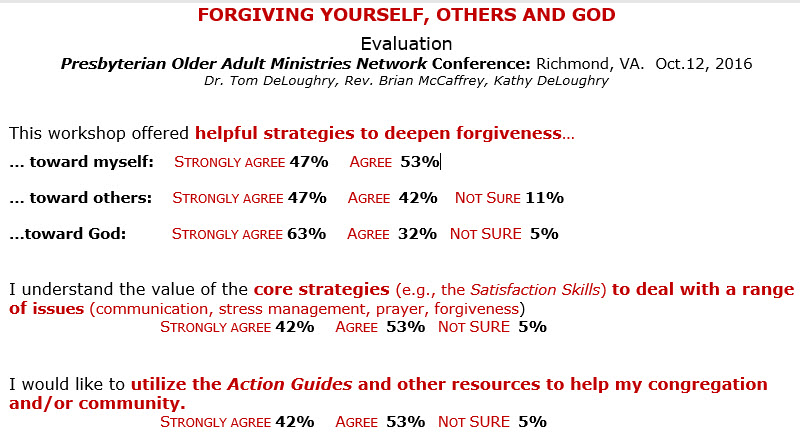test
It was developed by Dr. Tom DeLoughry, who develped this program through his career in mental health, managed care, public health, eldercare and spiritual care.
Unity of Buffalo – a n inclusive, practical approach to Christianity that honors the ancient wisdom of many faith traditions – will provide the support (four two hour workshops to be certified as Living Well coaches – plus an additiional two-hour workshops for Living Well Leader certification) 0 that will be available though workshops as well as smart phones, tablets and PCs. (see detail below)
In addition, after each community has certified at least two Living Well Leaders (approximately 9 months after we will offer a special Briding the Silos of Care to encourage professionals, aides
Unity of Buffalo is a practical approach to Christianity that honors all spiritual paths and the ancient wisdom of many faith traditions. The program
Ld
THE PROBLEM
Most community-health and illness-management programs create a babble of booklets with separate strategies and varying vocabularies for each physical or emotional problem , different materials for seniors, adults and teens. Although the World Health Organization, the Centers for DIsease Control have all recognized that social determinants of health (e.g., behaviors, environment,) hava a much greater impact on health outcomes than medical care this is rarely addressed by individual practitioners , patients and families
Instead, when facing a medical, emotional, social or spiritual program, many – if not most – call on their physician, politicians or their God to fix it. By contrast, the Satisfaction Skills , Learning Poem and journaling taught in Living Well empower our participants to solve each piece of the Wellness Puzzle by:
- collaborating with the professionals who provide their medical , emotional and spiritual care , as well as
- volunteering to work with their civic, community and other leaders to improve social issues such as
- and, if spirituality is important to the participant, using the spiritual gifts (e.g., love, wisdom) they have to go with the flow

Yes! Below is the evaluation fromafa
THE LEARNING PLAN (Patient-centered continuous-improvement care plan)

We are currently seeking non-profit organizations , foundations and worksites who will collaborate with us to improve the wellness of senior, adults and teens, by creating a new iteration of the Caring Teams programs that will be available on smartphones, tablets and PCs.
Mini-grants ranging from $250 to $1,000 will be available to community collaborators who would commit to:
- having four or more of your staff or members participate in a four part training program that would certify them as “Caring Team Coaches:” followed by another four sessions that would certify them to lead online groups as “Caring Team Leaders:
- using the simple steps in our program manual to launch the program (through smartphone, tablets and PCs) to the rest of your staff, your members and your community
- participating in a “community collaborative session” to report on their experience and make suggestions for improving this
- encouraging participants to complete a confidential pre and post survey so we can measure the impact of this program on improving physical, emotional and spiritual wellness.
Once they are certified, any individual or non-profit can train others using the free Less Stress, Better Health and More Love workbook. Thpublished under a Creative Commons
Would you like to help seniors ,adults and teens in your congregation and community to:
- Stop stress for just a minute, before peace grows into hours and days of satisfaction?
- Work more closely with professionals providing medil, emotional and spiritual care while solving each piece of the Wellness Puzzle (insert)
- Be able to forgive themselves, others and God
- Support each other to acheive goals
- Volunteer
- Learn that they can deepen
- Follow the “Golden Rule?
- Reduce their stress and enhance their prayer life?
- Develop “action plans” for their medical, emotional and spiritual goals?
Parts are drawn
…while empowering your youth, older adult and service ministries?
A summary of how the four Satisfaction Skills and the two poems are integrated can be found on the last page of our Less Stress, Better Health and More Love workbook, and is pictured below.

EVALUATIONS
Our evidence-based programs have been well received by caregivers, patients, volunteers, aides, as well as professionals providing medical, emotional and spiritual care. (See summaries at the bottom of this page.)
For our upcoming project, we aim to measure improvement in emotional health and mental health as well as increased civic engagement and volunteering among our participants through self-administered, confidential surveys. Participants will be invited to complete these surveys (using well-validated items) before they begin our program and at the completion of our program, as well as a six-month follow-up.
We will use a quasi-experimental design using naturally occurring groups, with participants from organizations on our “wait list” serving as controls. We will track demographic data and whether the participant participated in an in-person workshop or an online workshop that may be either synchronous (i.e., led by a facilitator who breaks the larger group into smaller groups for discussion and reflection) or asynchronous (i.e., each participant proceeds at his or her own pace without any online interaction with other participants).
Thus, at the conclusion of this three-year project, in addition to interim reports, we will be able to assess the relative impacts of demographics, as well as type and duration of program participation (as well as self-help behaviors including the Satisfaction Skills, prayer and volunteerism ) on the outcomes we will measure.
We will also employ interviewers who will explore the impact of our program on emotional, social, physical and spiritual factors that cannot be captured by a survey.
This summary from participants (who served as volunteers through the Health Association of Niagara County, Inc. ) was from an anonymous survey they completed after one 90 minute Less Stress, Better Health and More Love introductory workshop.

This evaluation is from 56 participants who attended one two hour introductory workshop, titled “Forgiving Yourself, Others and God,” which used the same Less Stress, Better Health and More Love workbook. It taught by Rev. Brian McCaffrey, Kathy DeLoughry – my program development and presentation partner – and me.

PROFESSIONALS AND AIDES:
After a two-part training sessions for professionals (e.g., nurses, social workers) at the Health Association we asked participants if the skills learned through our “Less Stress, Better Health and More Love” booklet effectively addressed both emotional and medical problems:
- 91% agreed that the Satisfaction Skills (awareness, affirmations, assertiveness and acceptance( could reduce stress
- 96% agreed the Satisfaction Skills skills could improve communication
- 92% agreed that the “Learning Plan” (remember goals and check your signs. Take some steps and learn each time) could reduce stress
- 85% agreed that this Learning Plan could also control chronic illness